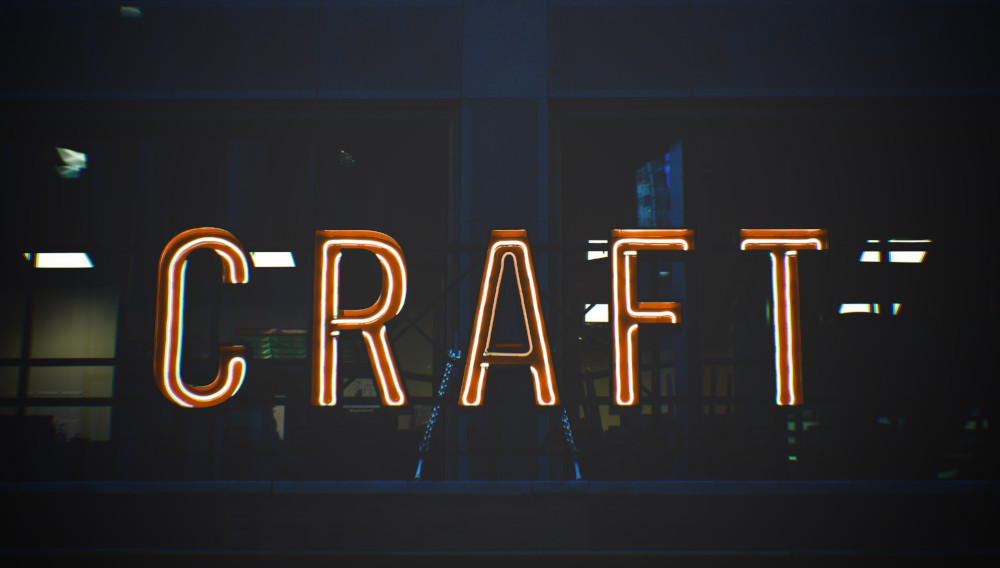AB-InBev buys Craft Brew Alliance after all
USA | Did AB-InBev change its mind over Craft Brew Alliance (CBA), or was its walking away from a deal in August just a clever tactic to negotiate a lower price?
As we reported, AB-InBev in August 2019 walked away from an exclusive option to buy CBA at USD 24.50 per share, which would have valued CBA at almost USD 480 million. Instead, AB-InBev chose to pay an opt-out fee of USD 20 million.
Three months later, on 11 November 2019, AB-InBev clinched the deal for USD 16.50 per share and lowered the price tag for the whole company to USD 320 million. As AB-InBev already owns slightly over 30 percent of CBA, it paid USD 220 million for the remaining stake, the Oregonian, a newspaper, reports.
Even if you add the USD 20 million fee, AB-InBev probably saved around USD 80 million by just biding its time. It knew that CBA’s shareholders were desperate to exit and no other buyer had come forward.
Finally the price was right
The price compares with the USD 300 million Spanish brewer Mahou San Miguel allegedly paid for a 90 percent stake in Michigan’s craft brewer Founders. According to the website goodbeerhunting.com, Mahou San Miguel paid USD 96 million for 30 percent in 2014, before another almost USD 200 million for 60 percent in September. Founders is expected to produce around 700,000 hl beer in 2019, while the CBA collection of breweries will likely turn out 825,000 hl this year after 840,000 hl in 2018.
AB-InBev’s transaction with CBA appears more prudent than Boston Beer’s takeover of craft brewer Dogfish Head in May this year. Boston Beer (Sam Adams) paid USD 300 million in cash and stock for its smaller rival, which is expected to sell about 350,000 hl beer in 2019.
By buying CBA, AB-InBev is gaining Hawaii’s Kona Brewing Company; Oregon’s Widmer Brothers Brewing; Washington’s Redhook Brewery; Florida’s Wynwood Brewing Company; Massachusetts’ Cisco Brewers; North Carolina’s Appalachian Mountain Brewery; the gluten-free beer producer Omission Brewing Company; and the Square Mile Cider Company.
It is fair to say that CBA’s portfolio resembles a mixed bag. The only brand that is really doing well and has been growing steadily is Kona. It alone is expected to sell 550,000 hl beer this year.
The High End segment: over half of all beer sales
In recent years, AB-InBev has been busy buying craft beer brands from all across the country. It already owns 13 and the eight CBA brands will bring that number to 21. AB-InBev’s Brewers Collective, the unit which houses its acquired craft brands, sold more than 2.3 million hl beer last year, according to estimates. Quietly but steadily AB-InBev has risen to become America’s largest craft brewer – even if the Brewers Association does not quite see it this way.
Sales of AB-InBev’s corporate craft beer brands will not stem the decline of Bud Light or Budweiser. But by positioning itself firmly within the luxury beer segment, estimated at 17 percent of beer industry sales in 2018, AB-InBev is set to capture the more profitable growth in the market, as it turns many of its craft beer brands into strong local players.
Keywords
Authors
Ina Verstl
Source
BRAUWELT International 2019
Companies
- Anheuser-Busch InBev, Brussels, Belgium


